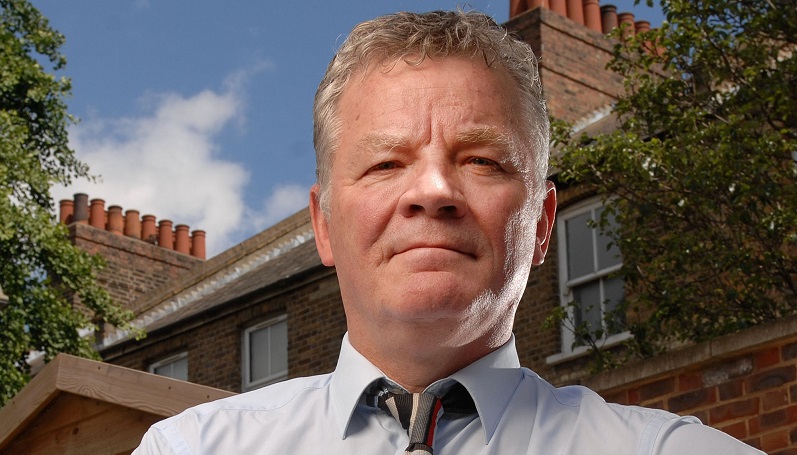The Education Endowment Fund has partnered with an education charity to run a £250,000 project to improve maths and science teaching in 220 schools across the country.
It will join Kusuma Trust UK to develop training and resources for schools to help them implement evidence-based recommendations from the EEF’s guidance reports, which provide tips for teaching and learning.
The most recent of these reports, ‘Improving mathematics in key stages 2 and 3′, was published in November. It reviewed research to give tips for maths teaching, and provided recommendations to support primary and secondary schools to close the attainment gap between disadvantaged pupils and their classmates.
Guidance on teaching science in secondary schools will be published in June.
The Kusuma Trust is an independent organisation that works to improve young people’s access to education and other life opportunities, especially among those who are economically disadvantaged. Through its work with the EEF, the trust will develop a programme of training and support that will be delivered by the Research Schools Network.

The network launched in 2016 and includes 23 schools, 12 of which focus their work around the government’s “opportunity areas”, social mobility cold-spots such as Blackpool, Bradford and Derby.
Research schools act as leaders for other schools when it comes to using evidence-based practice and research, and a small group will use the latest funding to develop training programme to accompany the EEF’s guidance reports, as well as resources to encourage schools to engage, such as self-audit tools and video clips.
“Generating evidence of ‘what works’ can only get us so far,” said Sir Kevan Collins, the chief executive of the Education Endowment Foundation. “Ultimately, it doesn’t matter how great an educational idea or intervention is on paper; what really matters is how it manifests itself in the day-to-day world of schools.
“Through our partnership with the Kusuma Trust UK, the Research Schools Network will work with local schools to break down barriers and make sure that evidence from our guidance reports has a real impact on classroom practice.”
Dr Balwant Singh, chief executive of the Kusuma Trust UK, said: “We are delighted to support the work of EEF to translate evidence into good practice in classrooms, so that pupils from disadvantaged areas and backgrounds are given a real chance to succeed.”







Your thoughts